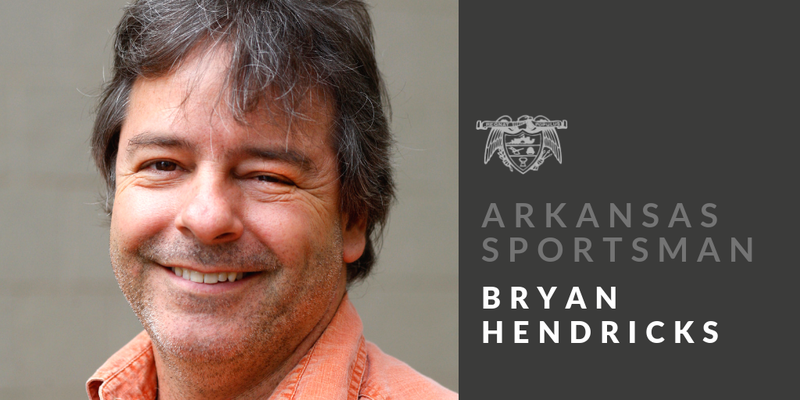While turkey hunting in western Oklahoma, I learned some things about deer hunting.
More precisely, I saw things that reinforced some of my notions about deer hunting.
On the first day of the hunt, after the bobcat incident described in the accompanying feature story, I nestled into a sheltered spot in a wooded-creek bottom. I sat with my back against a cedar tree and covered myself with a gillie poncho.
I've used the gillie for six turkey seasons, but I've never laundered it. It smells a bit musty but not offensive. I don't know how a deer processes the odor, but the scent is certainly not native.
Keep in mind that I do not practice any kind of scent control when deer hunting. Laboratory tests about cover scents and scent elimination products with K-9 dogs convince me such products are snake oil.
I pride myself on getting close to whitetails, and scent never has sabotaged a deer hunt for me, even when hunting on the ground.
Scent is merely one stimulus that, when combined with one or more other stimuli, triggers a deer's flight reflex.
Eye contact is the most important stimulus.
Two experiences reinforce my theory. One occurred during a controlled muzzleloader deer hunt at Madison County Wildlife Management Area. I sat on the ground, clad in orange, against a big pine tree. A spike buck came within feet of touching noses with me. Suspicious, it kept me in sight as it ambled away and into a thicket.
Another occurred while hunting with a crossbow on the ground in Benton County. A mature 8-point buck walked to within a few yards before it noticed me. After it failed to make me move, it relaxed and fled only when my bolt deflected off an overhanging limb that I failed to account for when I shot.
In both cases, nonreflective sunglasses concealed my eyes.
While listening for turkeys in Oklahoma, I spied movement to the left. It was a deer. And then another, and another. There were seven in all, including a buck sprouting velvet.
The lead doe followed the edge of the thicket on a path that led almost to my seat. I am sure she caught my scent, and she searched diligently for its source. Her curiosity did not discourage her from nibbling at low-hanging leaves.
At a range of about 7 yards, she finally saw my unnatural form against the cedar. She stared, but she did not perceive me as a threat.
Again, my sunglasses were the key. Eye contact is the primary alarm trigger in the predator-prey relationship. Removing that from the equation reassures wildlife, including deer and turkeys.
My experiences suggest that it takes two stimuli to trigger flight. If a deer smells you, it will try to provoke you to move. If you move, it will flee.
If it sees movement first, it will move downwind to catch your scent, and then it will flee.
If you are still and quiet, and if a deer can't see your eyes, it might regard you suspiciously, but it won't elevate you to threat level. Every one of those deer passed me on the same path and regarded me identically. Not one raised its tail in alarm. In an area where deer are hunted as intensively as in Roger Mills County, Okla., that tells me a lot.
I will apply those lessons in the fall for crossbow hunting.
Rios vs. Easterns
The environment might have something to do with it, but Rio Grande turkeys gobble differently than eastern wild turkeys.
When hunting in Arkansas woods, the gobble of an eastern bird rattles your body. It's thunderous.
Rios seem to have a higher, reedier pitch that doesn't reverberate like that of an eastern gobbler.
In Oklahoma, I was 100 yards from a fired-up strutter that gobbled at least 40 times. Even facing me, the bird sounded faint and distant. Of course, the open expanse of a field and a slight breeze might have damped its timbre, but there's no question it sounded much different than the eastern birds I've heard in different states.
I never thought I would see the day when I had more success hunting in Arkansas than in Oklahoma, and I certainly never thought I'd see the day when I prefer hunting Arkansas over Oklahoma.
That day is here, so let's keep working on building better turkey hunting in the Natural State.
Sports on 05/05/2019
